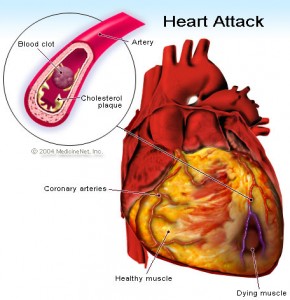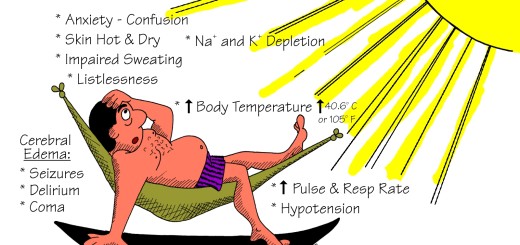How Does Aspirin Help in a Heart Attack?
A heart attack is a common medical emergency which occurs when a blood vessel supplying the heart with blood  becomes blocked. This causes the heart muscle to become starved of oxygen and vital nutrients. You can learn more about heart attacks and how to spot them in our blog post.
becomes blocked. This causes the heart muscle to become starved of oxygen and vital nutrients. You can learn more about heart attacks and how to spot them in our blog post.
If you’ve ever been on a first aid course (or taken our free online course!) you may have been taught to give aspirin to patients who you suspect are having a heart attack.
But how does Aspirin help in a heart attack?
Aspirin, or acetylsalicylic acid, is a common medication often used as a painkiller (analgesic). Many of us may have taken Aspirin at some point for various aches and pains.
However, as well as helping relieve pain, Aspirin has another action – it makes the blood less ‘sticky’.
A heart attack often occurs due to a blood clot forming in an artery. Blood clots are formed by platelets which stick together and form a clot. Aspirin works by making platelets less sticky and less likely to form a clot.
Research has shown that an initial dose (often 300mg or 325mg) of Aspirin at the time of a heart attack improves survival from a heart attack. The aspirin reduces the size of the clot and makes it break down. Its not a cure, but it helps in the process of treating a heart attack.
Current advice is to chew an aspirin so it absorbs through the mouth. Swallowing an aspirin is not as effective as it takes time for the stomach to break down and digest the tablet.
So there you go – Aspirin can be lifesaving! Want to learn more about first aid? Have a go at one of our free online first aid courses.






good infro